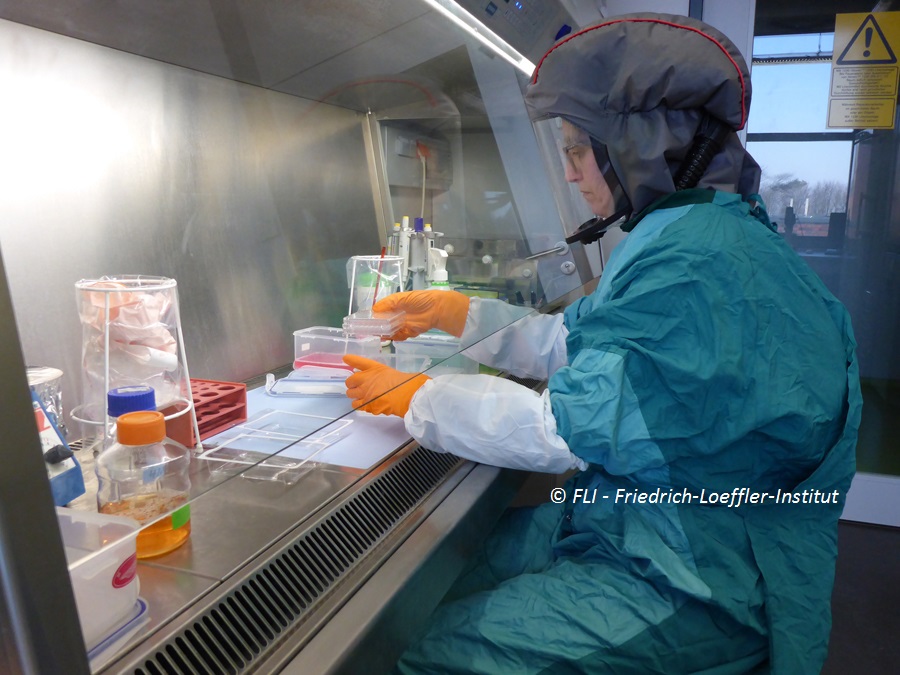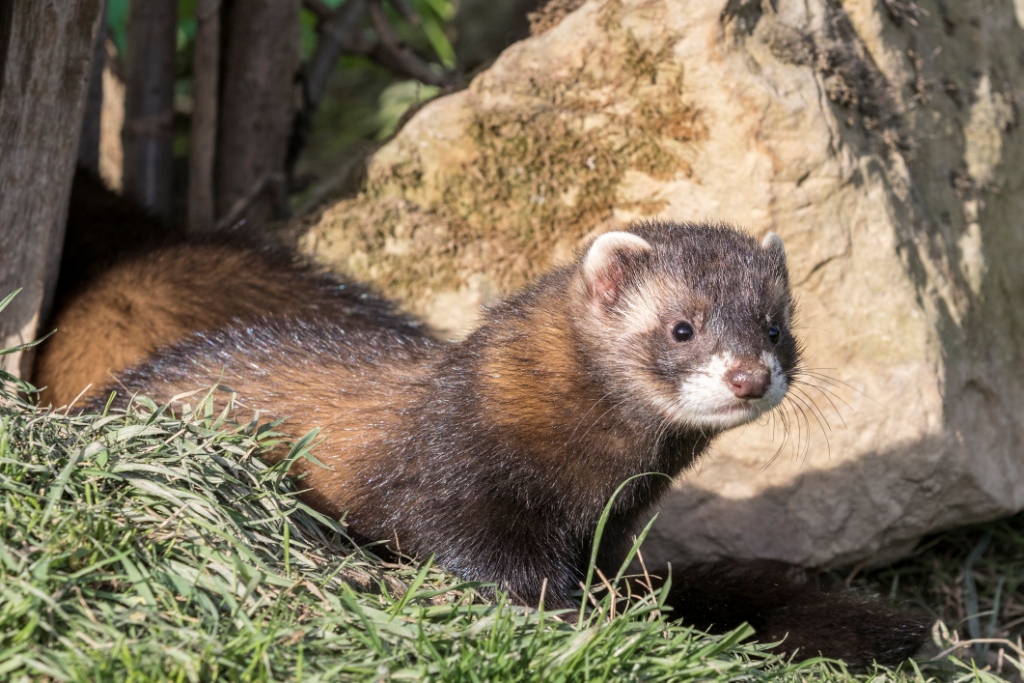The COVID-19 pandemic has become a major challenge for society globally. As the virus most likely spilled over from an animal source, it is just one more example of an emerging human infectious disease, of which an estimated 75% have an animal origin. However, many questions still remain unanswered on whether animals can be affected by this disease, and if so, how.
Various research centres around the world are helping bring light to these uncertainties. The Friedrich-Loeffler-Institut (FLI) in Germany, a member of the global network of OIE Reference Centres, has recently conducted research studies on SARS-CoV-2 (the causative agent of COVID-19) and animals.
517546794
Results of these studies show that fruit bats and ferrets are susceptible to intranasal SARS-CoV-2 infection. The susceptibility of ferrets is an important result, as they could be used as animal model for human infection to test vaccines or drugs, something urgently needed to prevent and control the disease in human populations. In contrast, under the experimental conditions used, neither pigs nor chickens were found to be susceptible to infection with SARS-CoV-2. Thus, according to the current state of knowledge, they are not affected by the virus and do not pose a risk to human health. These findings have significant implications for risk assessment around farming and trade of these animal species which contribute to ensuring the continuity of food supply chains.
The OIE works closely with its Reference Centres, whose contributions to scientific and technical studies are crucial to increasing the current knowledge on COVID-19 and animals. In this line, international experts have been mobilised since the beginning of the pandemic to set up an OIE Ad hoc Group on COVID-19 and the human-animal interface. Among other activities, this group monitors and interprets scientific publications and provides advise on animal research priorities that can increase what we know about this disease.

